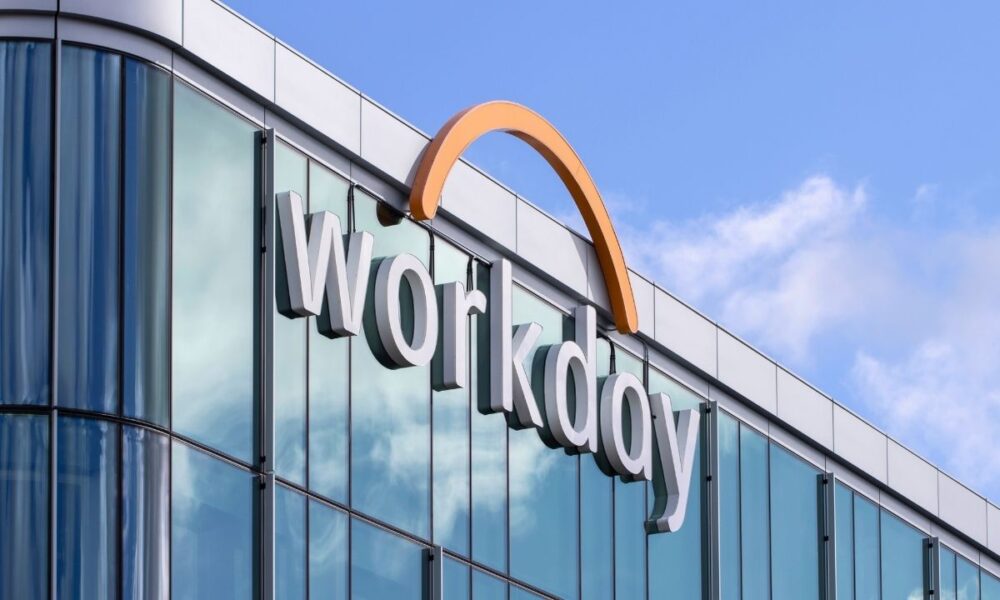A viral social media thread claiming artificial intelligence “discriminated” against job seekers has brought national attention to a landmark federal lawsuit that could reshape hiring practices across corporate America.
Amanda Goodall, a business-focused influencer, sparked online uproar on August 4 with a post that read:
UPDATE: The AI didn’t just ghost your resume. It discriminated.
A federal judge just ordered Workday to hand over a full list of employers that used AI to rank job applicants.
Not just their tech… but every company that enabled HiredScore.
And now it’s evidence. 🧵👇
— Amanda Goodall (@thejobchick) August 4, 2025
The post, part of a thread that has garnered nearly 5 million views, warned that AI tools were making employment decisions “before a human ever saw your name.”
The thread refers to Mobley v. Workday, Inc., a potentially precedent-setting case now underway in the U.S. District Court for the Northern District of California. Plaintiff Derek Mobley, who is Black and over the age of 40, alleges that Workday’s widely used AI-powered hiring tools filtered out older applicants, violating federal anti-discrimination laws. Mobley claims to have applied to more than 100 positions since 2017 through companies that used Workday’s platform—and says he was rejected each time, often within minutes.
Mobley initially brought claims under the Civil Rights Act of 1964, the Civil Rights Act of 1866, the Age Discrimination in Employment Act of 1967, and the ADA Amendments Act of 2008 (“ADAAA”).
The core legal question is whether Workday, a human capital management software firm used by over 11,000 companies worldwide, can be held liable not as an employer but as an agent of employers under Title VII and the Age Discrimination in Employment Act (ADEA). Judge Rita Lin dismissed claims that Workday acted as an “employment agency,” but allowed the case to proceed under the “agent” theory.
The Breakdown:
-
A federal judge allowed age discrimination claims against Workday to move forward as a collective action.
-
The case centers on whether Workday’s AI screening tools systematically disadvantaged older, disabled, and nonwhite applicants.
-
The EEOC filed an amicus brief supporting the plaintiff’s theory of AI vendor liability.
-
Conditional certification of an ADEA class could involve “hundreds of millions” of applicants, according to filings.
-
The decision may set a national precedent for AI accountability in hiring processes.
In May, Judge Lin granted conditional certification of the ADEA claims, writing that the plaintiff had “adequately alleged the existence of a unified policy: the use of Workday’s AI recommendation system to score, sort, rank, or screen applicants.” According to court filings, Workday’s tools processed roughly 1.1 billion applications over the relevant period, meaning the case could involve a collective of “hundreds of millions.”
Workday’s counsel has argued in court filings that the firm’s AI is merely a tool and that employers can “enable, disable, use, or ignore its many features,” including its AI features.
However, Mobley’s claims gained additional traction when the Equal Employment Opportunity Commission (EEOC) filed an amicus brief last year backing his “agent” theory. The court agreed that Workday’s role wasn’t merely passive. The opinion held that “Workday’s software is not simply implementing in a rote way the criteria that employers set forth, but is instead participating in the decision-making process.”
The ruling emphasized that employers appeared to have delegated traditional hiring tasks like advancing or rejecting candidates to Workday’s automated systems. Judge Lin distinguished Workday from passive tools like spreadsheets or email clients, writing that “[b]y contrast, Workday does qualify as an agent because its tools are alleged to perform a traditional hiring function… through the use of artificial intelligence and machine learning.”
Legal experts say the case could carry sweeping implications for AI accountability. “This is the first class action to challenge the use of AI screening software and will be instructive for vendors and employers,” wrote Houston labor lawyer Jesika Silva Blanco for Inside Tech Law.
Next steps include notifying class members and holding a court conference to outline the discovery process. Should the class remain certified, the lawsuit could become one of the largest ever to challenge employment practices under federal civil rights laws.
Workday maintains that it is not responsible for hiring decisions made by its clients. But as Goodall’s tweets—and the court’s rulings—suggest, that distinction may not be enough to avoid liability in the age of algorithmic decision-making.


